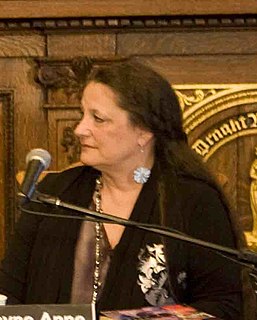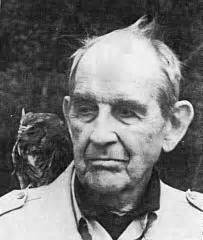Цитата Джейн Энн Филлипс
Я писатель, ориентированный на язык, который действует предложение за предложением.
Темы цитат
Связанные цитаты
В конце каждого предложения есть истина, и писатель узнает, как узнать ее, когда он, наконец, доберется до нее. На одном уровне эта истина заключается в плавности предложения, ритме и уравновешенности, но на более глубоком уровне это целостность писателя, поскольку он соответствует языку. Я всегда видел себя в предложениях. Я начинаю узнавать себя слово за словом, пока прорабатываю предложение. Язык моих книг сформировал меня как человека. В предложении есть моральная сила, когда оно звучит правильно. Это говорит о желании писателя жить.
Письмо линейное и последовательное; Предложение B должно следовать за предложением A, а предложение C должно следовать за предложением B, и, в конце концов, вы дойдете до предложения Z. Трудная часть письма — это не написание; это мышление. Вы можете решить большинство своих письменных проблем, если будете останавливаться после каждого предложения и спрашивать: что читатель должен знать дальше?
Это что-то вроде приговора. Многие люди говорят, что у нас есть суровый приговор за это преступление и легкий за другое преступление, и что мы должны сделать, это смягчить суровый приговор, чтобы он больше соответствовал другому. Неправильный. В большинстве случаев мы должны увеличить мягкое наказание и сделать его совместимым с суровым, и серьезно относиться к наказанию, потому что мы становимся слишком терпимыми как общество, люди, особенно к преступности, в слишком многих частях страны.
Носители языка интуитивно знают, является ли предложение грамматическим или нет. Обычно они не могут точно указать, что неправильно, и, вполне возможно, они делают те же ошибки в своей собственной речи, но они знают — бессознательно, а не как набор правил, которые они выучили в школе, — когда предложение неверно.





































